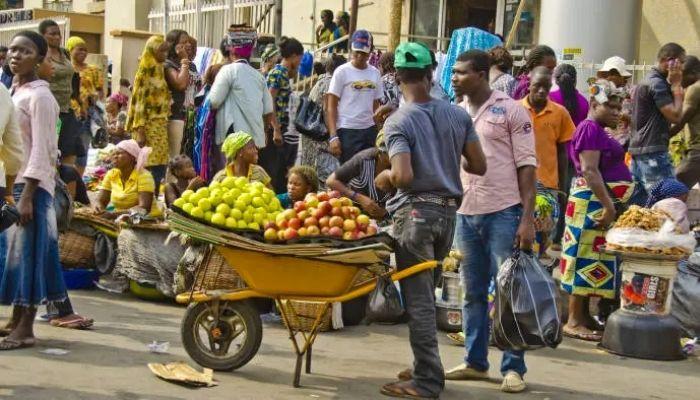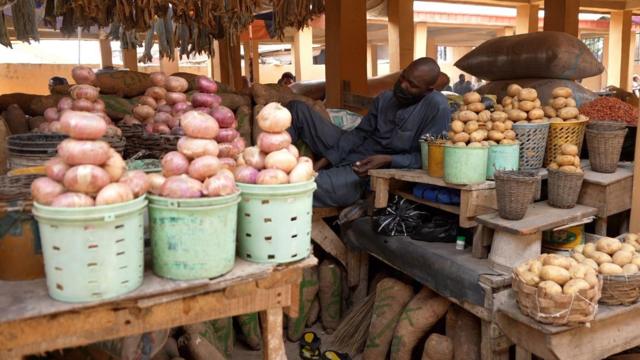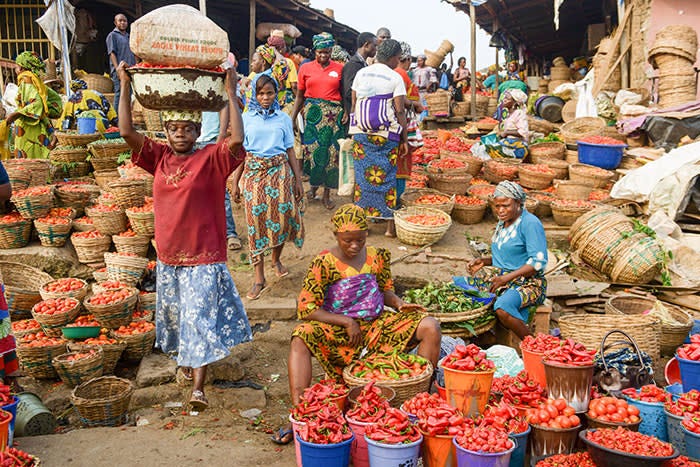In recent years, Nigeria has grappled with a significant rise in the cost of living, posing challenges to its citizens and the economy at large. Several factors contribute to this phenomenon, ranging from inflationary pressures to structural issues within the economy.
One of the primary drivers of the high cost of living is inflation. Nigeria has experienced persistent inflationary pressures, driven by various factors such as currency depreciation, supply chain disruptions, and rising global commodity prices. This inflationary environment erodes the purchasing power of consumers, leading to higher prices for goods and services.

Another contributing factor is the country’s heavy reliance on imports for basic commodities. Nigeria imports a significant portion of its food and consumer goods, making it vulnerable to fluctuations in international markets and exchange rate movements. This dependency exposes the economy to external shocks, leading to price volatility and contributing to the high cost of living.
Additionally, structural issues within the economy exacerbate the problem. Limited infrastructure, inefficient distribution channels, and bureaucratic bottlenecks impede the smooth flow of goods and services, leading to higher production and transportation costs. These costs are often passed on to consumers in the form of higher prices, further adding to the burden of the high cost of living.

Furthermore, income inequality exacerbates the impact of rising prices on different segments of the population. Low-income earners and vulnerable groups bear the brunt of the high cost of living, struggling to afford basic necessities such as food, housing, and healthcare.
Addressing the recent high cost of living in Nigeria requires a comprehensive approach. Policymakers need to implement measures aimed at stabilizing the macroeconomic environment, including prudent fiscal and monetary policies to curb inflationary pressures. Additionally, efforts to diversify the economy, enhance domestic production, and improve infrastructure are crucial for reducing dependency on imports and lowering production costs.
Moreover, targeted social intervention programs are essential to cushion the impact of rising prices on vulnerable groups. These programs can include food subsidies, cash transfers, and vocational training initiatives aimed at improving livelihoods and reducing poverty.

In conclusion, the recent high cost of living in Nigeria is a complex issue with multiple underlying causes. Addressing this challenge requires a coordinated effort from policymakers, businesses, and civil society to implement comprehensive solutions aimed at stabilizing the economy, enhancing domestic production, and supporting vulnerable segments of the population.
We would love to hear from you. Do share your opinion on the comment section. Thank you.





The Government really needs to act fast. Cost of food stuff has gone way too high, leaving the masses more hungry than before.
Congratulations for your new website
The High cost of living in 9ja today,is cosh by the APC government, how can the country grow when it’s have a president who have no VISSION, no PLANS, no IDEAS, and nothing up THERE n you think our NATION will suffering. When there is no prepared plans for the future, surely everything will surely go higher.
So for me i will blend the APC government for there unlike of ideas, and future PLANS for its people,and it’s country Nigeria.
There is a saying that say,:
When preparation meet opportunity it’s become a very good success.
Eghaghara Onome
AFFYD is the people oriented organization that have been catering and fighting for the less privilege people in the society as well champions the fight against GBV in society.